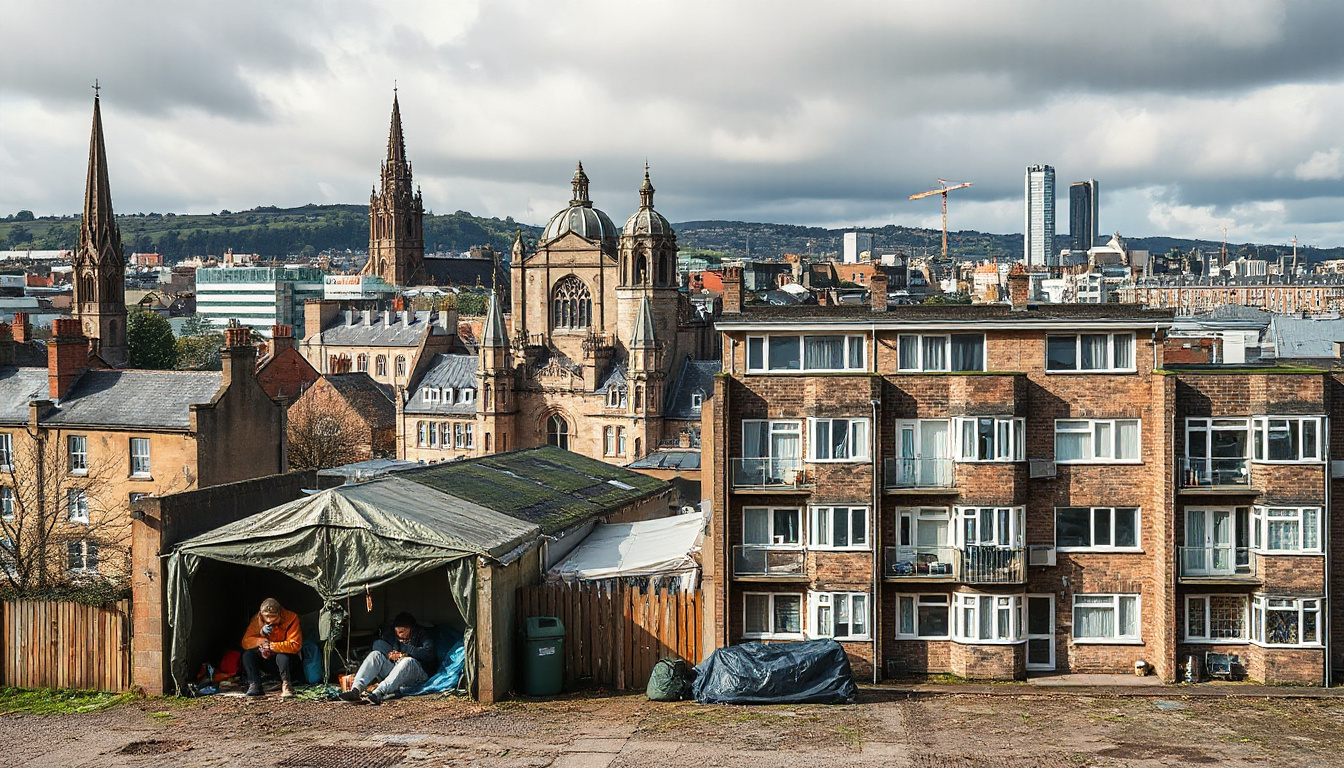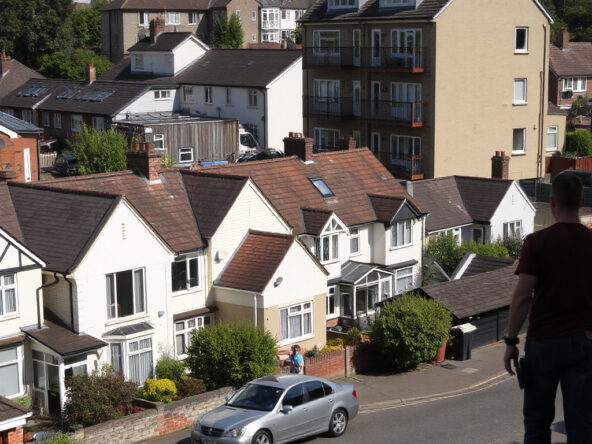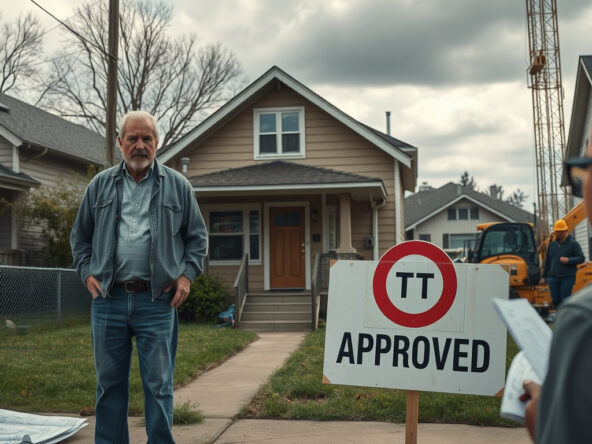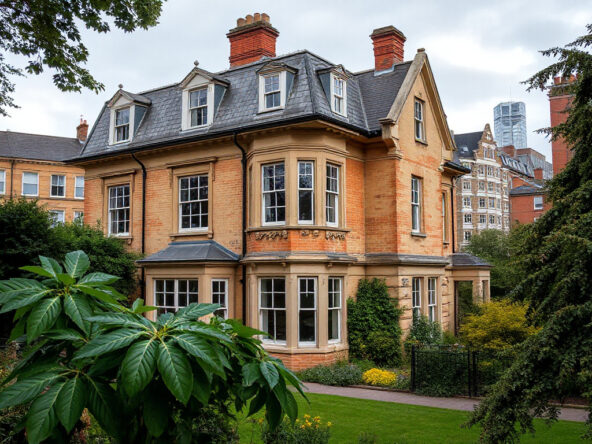Edinburgh Council Addresses Temporary Accommodation for Homeless Individuals
Edinburgh City Council acts. Council initiates measures. Measures target unlicensed provision—provisional lodging assigned to individuals without permanent shelter. Post-pandemic demand swells. Approximately 650 individuals inhabit hotels and B&Bs lacking the mandatory HMO license. Council connects policy with statutory demand.
Licensing Compliance and Future Plans
Council mandates property status shift. Each non-licensed dwelling must convert into a primary domicile, a conversion bound to HMO licensing. A calculated 10% of affected residents face translocation if available, approved spaces remain insufficient by November’s termination. Council receives offers: about 70 external properties lie within a 50-mile range from the city’s core. Confidence exists but contingency remains; plans can activate for short-term displacement if immediate licensed spaces are not procured.
Challenges and Solutions
The first lockdown triggered widespread recourse to provisional lodging. Initial deployment fulfilled emergency criteria while embedding long-term irregularities. Funding persists for unlicensed providers, and the council incurs statutory breach by such fiscal support. In consequence, the licensing process escalates in priority. Simultaneously, applications for social housing, as well as repairs to vacant residences, enter hiatus in order to accelerate reintegration of these properties. Recently, 174 empty dwellings rejoin the city stock. Projections indicate an additional 120 may be restored pending approval of licensing applications for extant unlicensed providers.
Conclusion
Edinburgh City Council’s initiative regulates provisional housing. The policy aligns legal conformity with the endemic shortage of domiciles. A need for certified, secure habitation unites with broader municipal efforts. Coordination among government bodies and methodical, strategic planning remain indispensable in resolving the layered challenges that persist.



